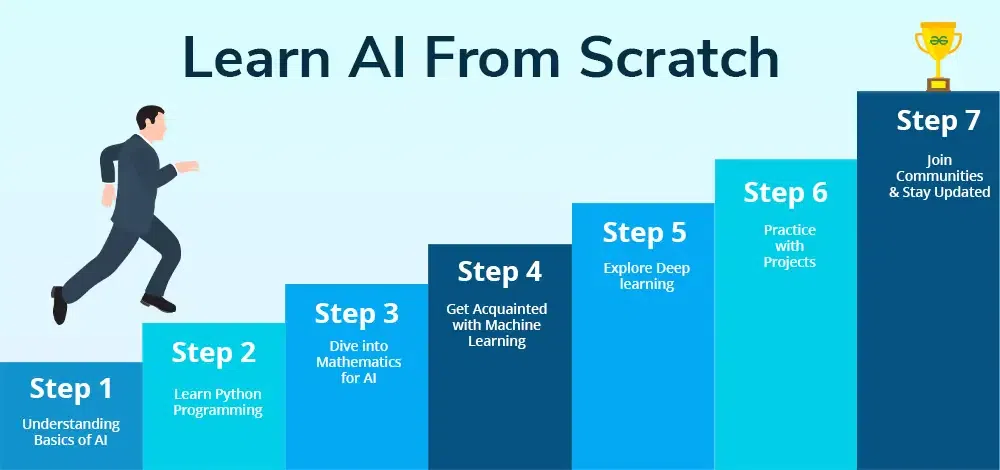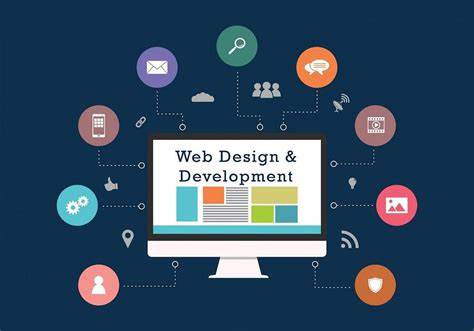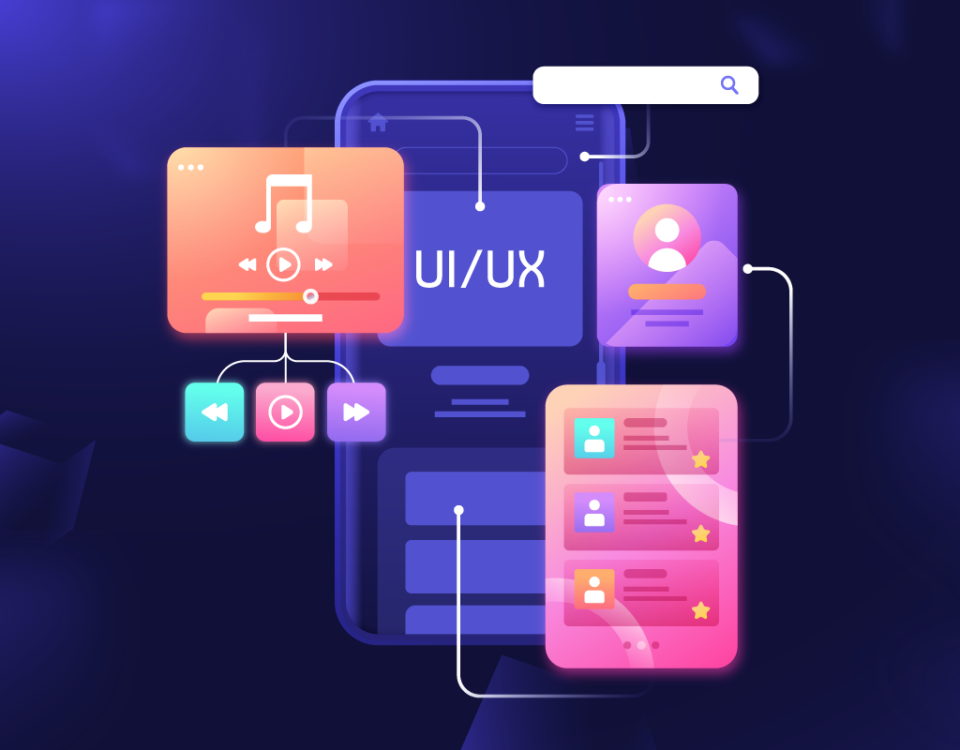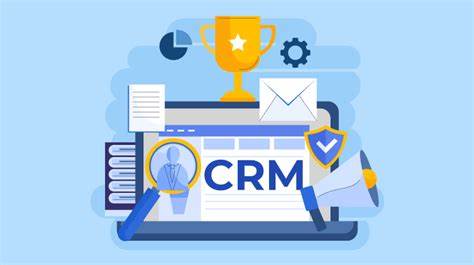
Artificial Intelligence (AI) is one of the most exciting and transformative fields in technology today. From self-driving cars to virtual assistants, AI is reshaping industries and changing the way we interact with the world. If you're wondering how to learn AI from scratch, you’re in the right place. Whether you're a student, professional, or tech enthusiast, this guide will help you understand the fundamental concepts of AI and set you on the path to mastering this cutting-edge technology.
What is Artificial Intelligence?
Artificial Intelligence is the simulation of human intelligence processes by machines, especially computer systems. These processes include learning (the acquisition of information and rules for using the information), reasoning (using rules to reach approximate or definite conclusions), and self-correction.
In simple terms, AI enables machines to perform tasks that typically require human intelligence, such as problem-solving, speech recognition, decision-making, and even understanding emotions.
If you're aiming to learn AI from scratch, it’s essential to understand that AI is a broad field with multiple subfields, including machine learning, deep learning, natural language processing, and computer vision.
Why Should You Learn AI?
The benefits of learning AI are vast and multifaceted. Here are some compelling reasons why diving into AI can be a game-changer for your career:
High Demand for AI Skills: AI is one of the most sought-after skills in the job market. With businesses across industries adopting AI to improve efficiency, reduce costs, and innovate, AI professionals are in high demand.
Lucrative Career Opportunities: AI-related roles often come with attractive salaries. Whether you aspire to be a data scientist, machine learning engineer, or AI specialist, acquiring AI skills can open the door to highly rewarding positions.
Transformative Applications: AI is at the forefront of technological innovation, impacting everything from healthcare and education to finance and entertainment. Learning AI will allow you to be part of this transformation.
Future-Proof Your Career: As automation continues to rise, AI is set to become even more integral to industries. By learning AI now, you can ensure your career stays relevant in a rapidly evolving tech landscape.
The Basics of AI: Understanding the Core Concepts
Before diving deep into learning AI, it’s crucial to have a foundational understanding of the core concepts. Here’s a breakdown of some of the key elements you need to know to learn AI from scratch:
1. Machine Learning (ML)
Machine Learning is a subset of AI that involves training algorithms to learn from and make predictions based on data. The algorithms can identify patterns and relationships in data without being explicitly programmed.
Key concepts in ML:
Supervised Learning: Training a model on labeled data.
Unsupervised Learning: Discovering patterns in unlabeled data.
Reinforcement Learning: Learning to make decisions through rewards and penalties.
2. Deep Learning
Deep Learning, a subset of ML, uses neural networks with multiple layers to process data. These neural networks mimic the structure of the human brain, allowing machines to make more complex decisions.
Deep Learning is often used in:
Image and speech recognition
Natural language processing (NLP)
Autonomous systems
3. Natural Language Processing (NLP)
NLP enables machines to understand, interpret, and generate human language. It's what powers voice assistants like Siri and Alexa.
Applications of NLP include:
Text translation
Sentiment analysis
Chatbots and conversational agents
4. Computer Vision
Computer vision allows machines to interpret and understand visual information from the world. It's commonly used in image and video recognition tasks.
Key applications include:
Facial recognition
Object detection
Medical image analysis
How to Learn AI from Scratch
Starting your journey in AI can seem daunting, but with the right approach and resources, you can master the fundamentals and build up to more advanced topics. Here's how you can learn AI from scratch:
1. Learn the Basics of Python
Python is the go-to programming language for AI development due to its simplicity and the availability of powerful libraries like TensorFlow, PyTorch, and Scikit-learn. Before diving into AI, it's essential to get comfortable with Python basics.
Key Areas to Focus On:
Variables and data types
Functions and loops
Libraries and frameworks (NumPy, Pandas)
2. Understand Key AI Algorithms
Familiarize yourself with essential AI algorithms, including decision trees, linear regression, and neural networks. These algorithms form the building blocks of AI and machine learning.
3. Explore Online AI Courses
Many online platforms offer free and paid AI courses that cater to different learning levels. Some popular platforms include Coursera, edX, and Udacity. These courses often cover both the theoretical and practical aspects of AI, making it easier to learn AI from scratch.
4. Work on AI Projects
Hands-on experience is crucial when learning AI. Start with simple projects like building a spam classifier or a chatbot. As you gain confidence, take on more complex projects like image classification or sentiment analysis.
5. Participate in AI Competitions
Platforms like Kaggle host AI and machine learning competitions that allow you to work on real-world datasets. Participating in these competitions can accelerate your learning and provide valuable experience.
The Importance of Data in AI
Data is at the heart of AI. To build effective AI models, you need access to vast amounts of high-quality data. Understanding how to preprocess, clean, and manipulate data is essential to succeeding in AI. As you learn AI from scratch, make sure to spend time learning about data handling techniques.
Types of Data:
Structured Data: Organized data, such as in databases or spreadsheets.
Unstructured Data: Data that doesn’t follow a specific format, like images, videos, and text.
Data Preprocessing Techniques:
Data cleaning: Removing duplicates, handling missing values, and normalizing data.
Feature selection: Choosing relevant features for model training.
Data splitting: Dividing data into training and testing sets.
Tools and Libraries to Help You Learn AI from Scratch
As you start working on AI projects, you'll need to become familiar with various tools and libraries that streamline the AI development process. Some essential tools include:
1. TensorFlow
TensorFlow is an open-source machine learning library developed by Google. It’s widely used for building deep learning models and allows developers to create neural networks for tasks like image and speech recognition.
2. PyTorch
PyTorch is another popular open-source library for deep learning. It’s particularly well-suited for research and development, offering flexibility and ease of use for building complex models.
3. Scikit-learn
Scikit-learn is a simple and efficient tool for data mining and data analysis. It offers various supervised and unsupervised learning algorithms, making it a great tool to have in your AI toolkit.
4. Keras
Keras is a high-level neural networks API written in Python, capable of running on top of TensorFlow and other frameworks. It allows for fast experimentation with deep learning models.
Common Challenges When Learning AI from Scratch (And How to Overcome Them)
Learning AI, especially from scratch, can be challenging. Here are some common hurdles you might face, along with tips to overcome them:
1. Complexity of Concepts: AI involves abstract and complex concepts like neural networks and deep learning. To overcome this, break down the topics into smaller, manageable parts and focus on mastering the basics before moving on to advanced topics.
2. Lack of Practical Experience: Theory alone won't make you proficient in AI. Build practical experience by working on projects, joining AI communities, and participating in competitions to hone your skills.
3. Staying Updated: AI is a fast-evolving field, with new advancements happening regularly. Stay updated by following AI blogs, subscribing to newsletters, and joining AI-focused communities.
FAQs: Learn AI from Scratch
1. How long does it take to learn AI from scratch?
It varies from person to person. If you dedicate a few hours a week, you can grasp the basics in a few months. Mastery, however, could take years, depending on the depth of learning.
2. What prerequisites do I need to learn AI?
A strong foundation in math, especially calculus, statistics, and probability, is helpful. Knowledge of programming, particularly Python, is also essential.
3. Can I learn AI from scratch without any technical background?
Yes, while having a technical background can speed up the process, there are resources tailored for beginners with no prior knowledge. Start with introductory courses, and gradually build your skills.
4. What are the best resources to learn AI from scratch?
Popular platforms like Coursera, Udacity, edX, and YouTube offer a variety of courses. Books such as Artificial Intelligence: A Guide for Thinking Humans by Melanie Mitchell can also provide valuable insights.
5. Is AI difficult to learn?
AI can be complex, but with determination and the right resources, it’s definitely achievable. Start with the basics and work your way up.
Conclusion
Artificial Intelligence holds the key to the future, and now is the perfect time to learn AI from scratch. With the right mindset, tools, and resources, you can unlock the power of AI and open up exciting career opportunities. Whether you want to build the next intelligent chatbot, develop a self-driving car algorithm, or simply explore the fascinating world of AI, starting today will set you on the right path.
 Best Web Development Company in Delhi NCR | Oprezo India
Best Web Development Company in Delhi NCR | Oprezo India
 Best Mobile App Development Company in Delhi | Oprezo India
Best Mobile App Development Company in Delhi | Oprezo India
 Best Digital Marketing & SEO Company in Delhi NCR | Oprezo India
Best Digital Marketing & SEO Company in Delhi NCR | Oprezo India
 Best UI & UX Design Services in Delhi | Android & iOS UI/UX Development – Oprezo India
Best UI & UX Design Services in Delhi | Android & iOS UI/UX Development – Oprezo India
 Best CRM & MLM Software Development Company in Delhi | Oprezo India
Best CRM & MLM Software Development Company in Delhi | Oprezo India